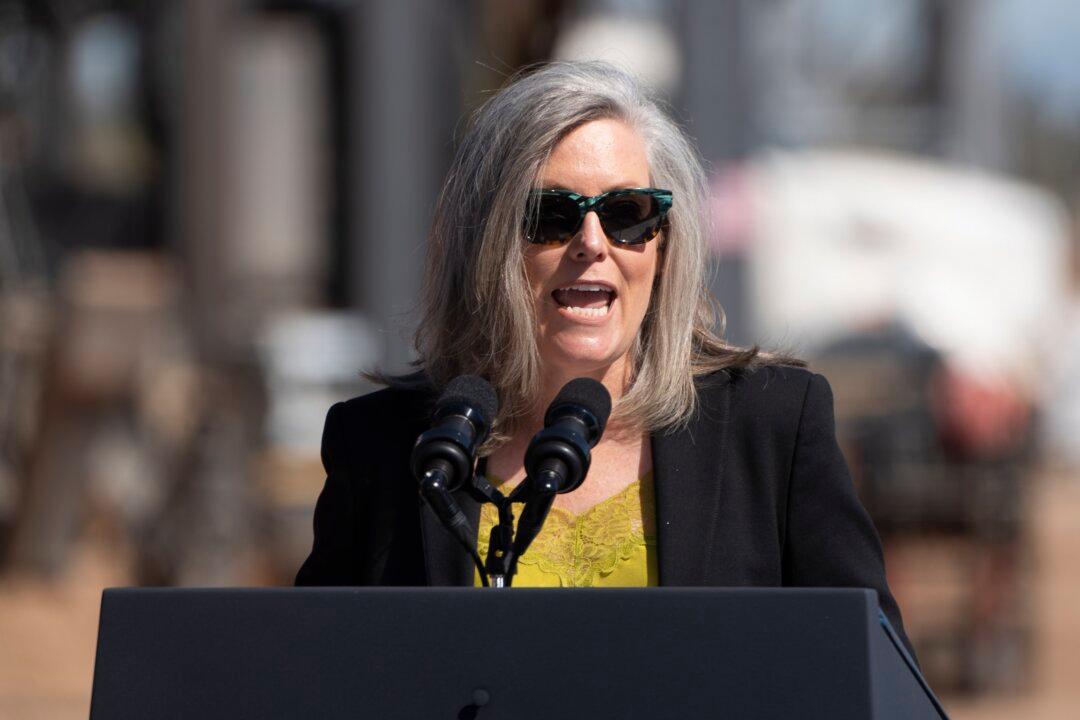Arizona Gov. Katie Hobbs has vetoed a bill seeking to strengthen the rights of homeowners looking to evict squatters from their property.
The measure, dubbed Senate Bill 1129, garnered bipartisan support and would have allowed a property owner to request law enforcement to remove an individual occupying one’s house illegally.





